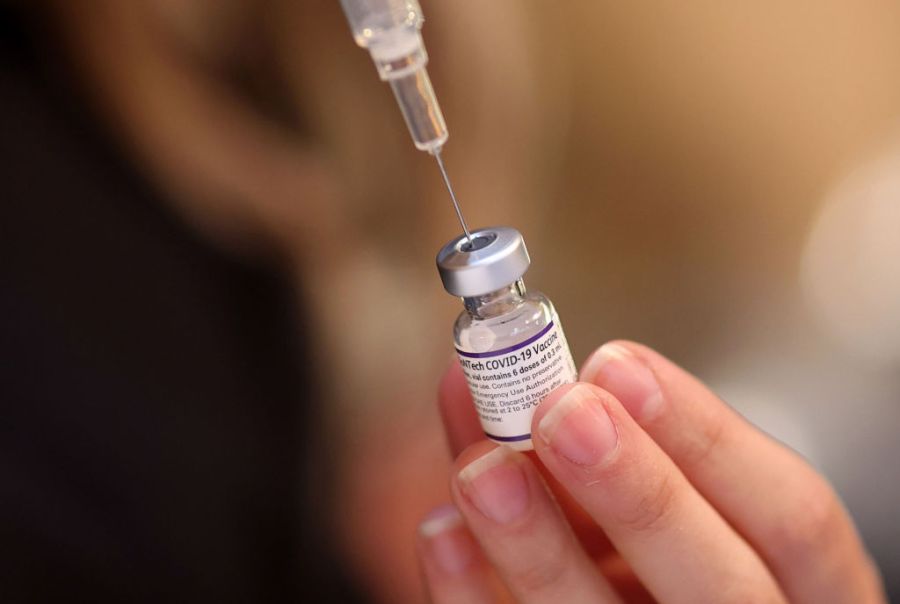Top officials in the Trump administration on Tuesday announced they will limit the approval of new COVID-19 vaccines to adults over 65 and people who are high risk.
The move is a significant shift away from the current universal recommendation, and comes just two days before the Food and Drug Administration’s (FDA) independent advisers are set to vote on the formula that vaccine makers should use to potentially adjust their shots for the current strain.
In a commentary published in the New England Journal of Medicine, FDA leaders wrote they will require companies to conduct lengthy clinical trials to compare the vaccine against a placebo before approving shots for healthier people.
The shots will continue to be streamlined for people over the age of 65 and as well as children and younger adults with at least one health problem that puts them at higher risk.
It’s not entirely clear what the news means for people under 65 who are not considered high-risk.
According to FDA Commissioner Marty Makary and Vinay Prasad, director of the Center for Biologics Evaluation and Research, the American “one size fits all” approach to COVID vaccination is the most aggressive compared to the rest of the world and may no longer be needed, given that people have immunity from multiple doses and likely multiple inflections.
“The U.S. policy has sometimes been justified by arguing that the American people are not sophisticated enough to understand age- and risk-based recommendations. We reject this view,” they wrote.
Officials said the more targeted approach still could keep annual vaccinations available for between 100 million and 200 million people.
The new framework comes after weeks of administration officials scrutinizing the use of COVID-19 vaccines, including the delayed approval of Novavax’s shot for a much smaller population than its competitors.
Regulators have taken a similar approach to the COVID-19 shots as they have for seasonal influenza vaccines. The FDA has approved yearly updates to COVID shots when manufacturers provide evidence they can protect against the new strain just as well as the previous year’s iteration.
Makary and Prasad said that will be changing.
“The FDA will approve vaccines for high-risk persons and, at the same time, demand robust, gold-standard data on persons at low risk,” Prasad and Makary wrote.
Over the past two seasons, uptake of the annual COVID-19 booster has been poor. Makary and Prasad suggested the broad booster recommendations have also contributed to declining trust in vaccination, including the measles-mumps-rubella (MMR) vaccine.
In the administration’s most forceful declaration to date, Makary and Prasad wrote that the MMR shot “has been clearly established as safe and highly effective.” They noted reduced MMR vaccination rates in recent years “have been a growing concern and have contributed to serious illness and deaths from measles.”
An expert panel that advises the Centers for Disease Control and Prevention (CDC) on vaccines will vote next month on COVID vaccine recommendations.
The panel has already indicated it would likely move to recommend a risk-based vaccination approach; boosters for people 65 and older and anyone aged 6 months and older with health conditions that puts them at high risk of severe illness.

